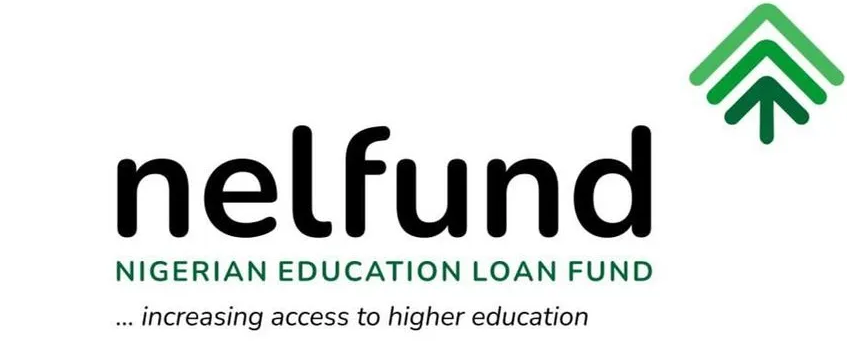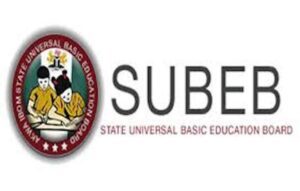

Student loans, controversial age limits, other policies that shaped education sector in 2024
The education sector in Nigeria underwent significant transformations in 2024, with several landmark reforms introduced, some of which stirred controversy, but all contributed to reshaping the educational landscape.
One of the most notable developments was the launch of Nigeria’s first-ever student loan scheme. Signed into law by President Bola Tinubu in April, the Access to Higher Education Act aims to provide interest-free loans to students in tertiary institutions.
By October, the Nigerian Education Loan Fund (NELFUND) had already disbursed over N11 billion to students, with 284,000 undergraduates applying for the loan. However, questions have been raised about the scheme’s past challenges, particularly regarding repayment, application procedures, and disbursement timelines.
Another significant policy change was the federal government’s controversial decision to set the minimum age for tertiary school admissions at 18.
Announced in July by former Education Minister Tahir Mamman, the policy aimed to ensure that students were intellectually and emotionally mature enough to cope with university life. Mamman highlighted the issue of underage students, some as young as 12, being enrolled in universities.
However, the policy sparked widespread opposition from parents and stakeholders, who questioned its timing and feasibility given Nigeria’s large youth population. The policy was eventually reversed by Mamman’s successor, Tunji Alausa, following Mamman’s brief tenure.
In response to the growing number of out-of-school children—estimated at over 18 million—the federal government introduced an ambitious roadmap in January aimed at reducing this figure by 15 million by 2027.
A key component of this plan is the establishment of accelerated learning centres and an open school scheme to provide basic education and vocational skills to overage out-of-school children.
To further strengthen education in Nigeria, the Ministry of Education unveiled a new vocational curriculum in October. The curriculum, which includes courses in digital literacy, plumbing, tiling, hospitality, and more, is designed to equip students with skills that enhance their employability, aligning with the government’s focus on creating a workforce that meets the demands of Nigeria’s growing economy.
Polytechnic education also underwent significant changes in 2024 with the introduction of a standardised “scheme of service.”
This initiative aims to ensure uniformity in the recruitment, promotion, and career progression of polytechnic staff. While the move was welcomed by some, it also sparked protests, particularly from academic staff concerned about the potential marginalisation of HND holders in administrative roles.
In a bid to reduce the financial burden on public tertiary institutions, the federal government proposed replacing the Education Tax with a new “development levy” intended to fund the student loan scheme.
This proposal has been met with criticism, with some stakeholders arguing that it could destabilise the Tertiary Education Trust Fund (TETFund), which has been the primary source of infrastructure funding for public universities.
Also, a bill aimed at tackling sexual harassment in tertiary institutions gained traction in 2024, with the House of Representatives passing the legislation in October.
The bill mandates that all tertiary institutions establish anti-harassment committees and take swift action on complaints, marking an important step towards addressing sexual violence in Nigeria’s academic institutions.




